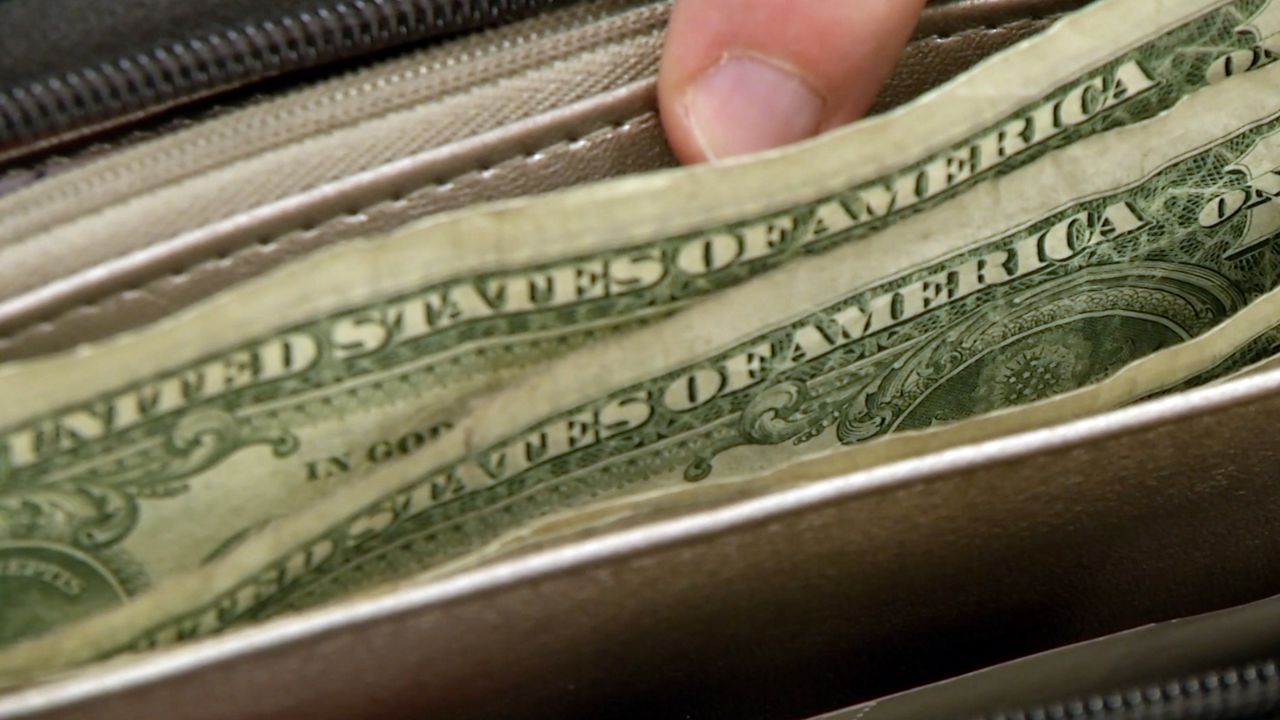Financial regulators on Wednesday adopted changes to check cashing rules in New York meant to address fees for consumers when using the service.
The Department of Financial Services changed the fee regulations, which were last adopted nearly 20 years ago. At the time, New York was the only state that set annual and gradual raises in the maximum percentage for a check cashing fee and pegged those increases to the rate of inflation.
Regulators have taken a "data-driven methodology" to the new fee formula for check cashing, which addresses the needs of both licensees as well as consumers who use check cashing services.
Check cashing is often used by communities that are underserved, especially for basic consumer banking needs. Linking fees to the rate of inflation did not consider the effect sharply increasing costs would have on the often lower-income people who use check cashing services.
Stagnant wages, along with rising inflation, check cashers would in effect be subhject to a double fee increase.
Under the change, automatic increases based on the consumer price index will end. Instead, public assistance checks issued by a federal or state agency will include a 1.5% fee. For all other checks the maximum fee that can be charged is 2.2% or $1, whichever is greater.
“Check cashers are frequently the only way that many underserved New Yorkers – particularly members of immigrant communities and people of color – can access their money,” said Financial Services Superintendent Adrienne Harris. “When I became Superintendent, it was clear that the existing fee methodology wasn’t just outdated, but inappropriate and punitive to consumers. Check cashers should not be entitled to automatic, annual fee increases just because their services are essential to many New Yorkers.”


